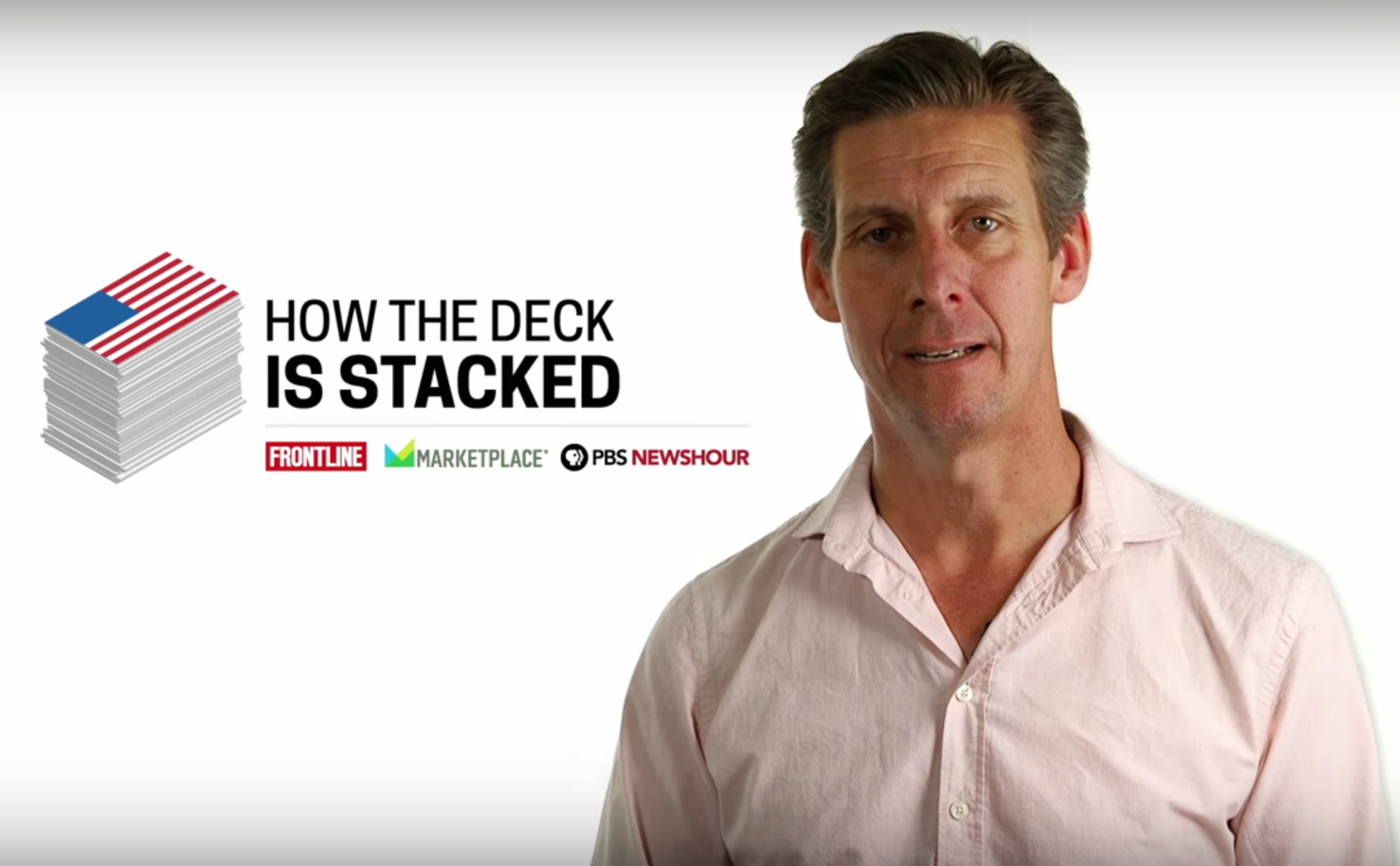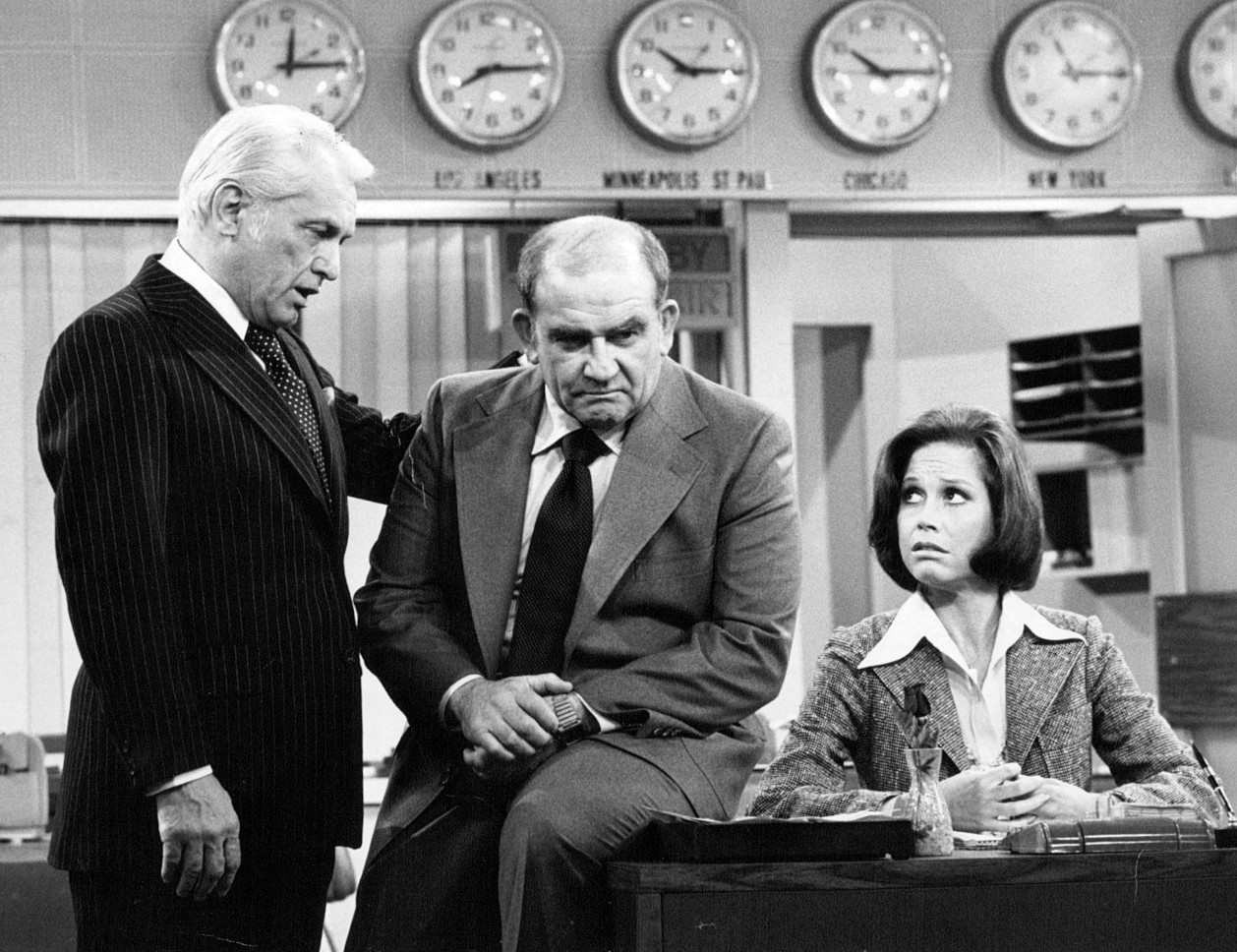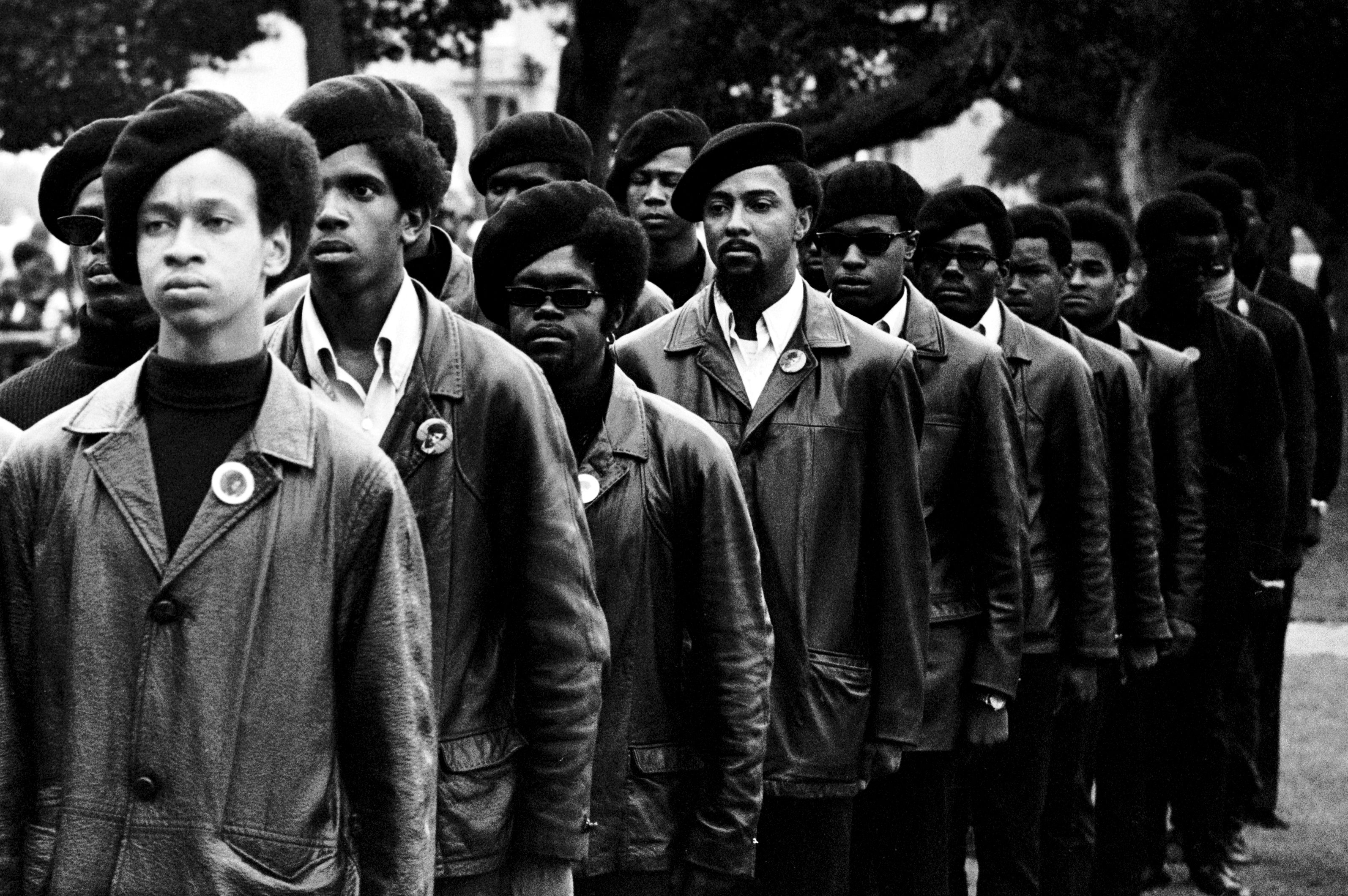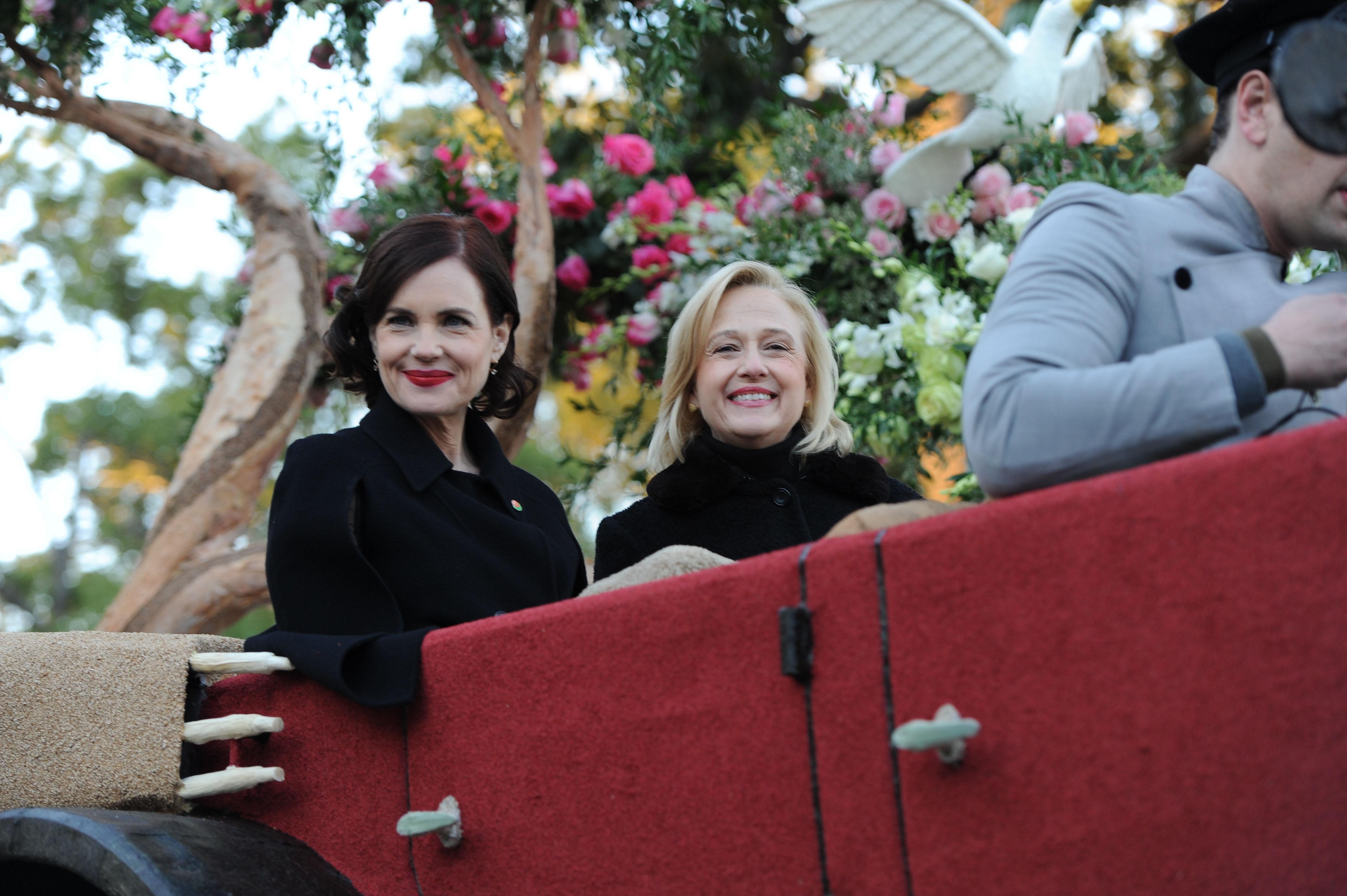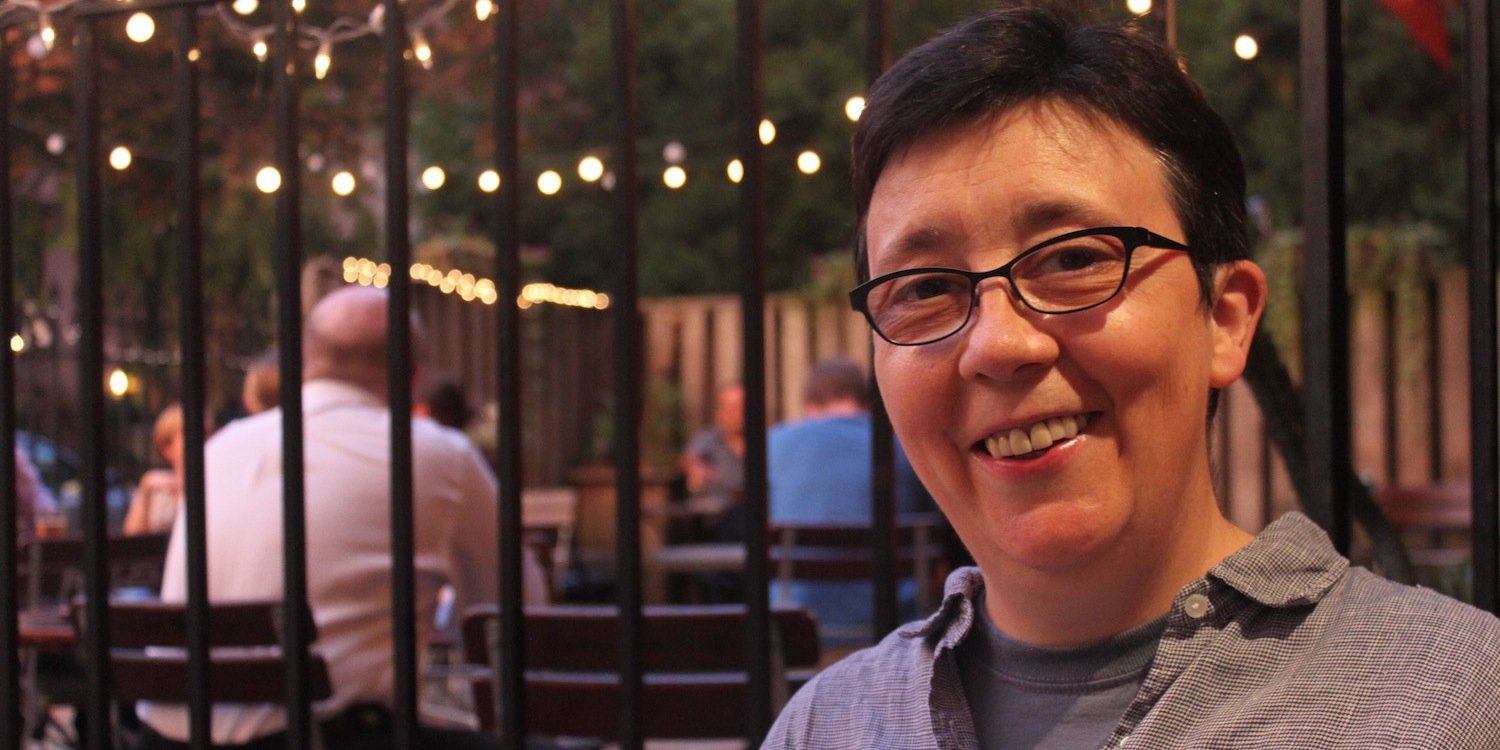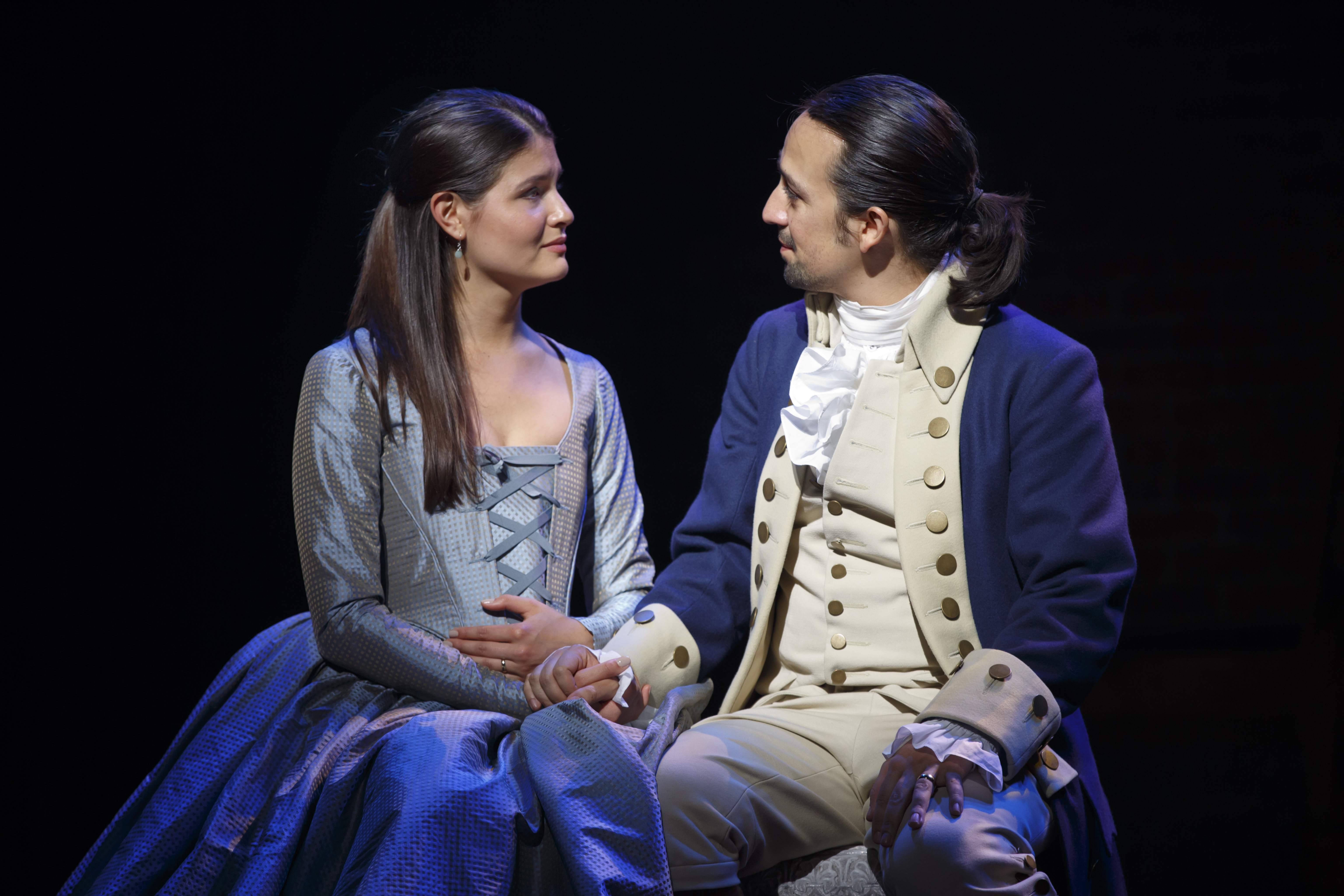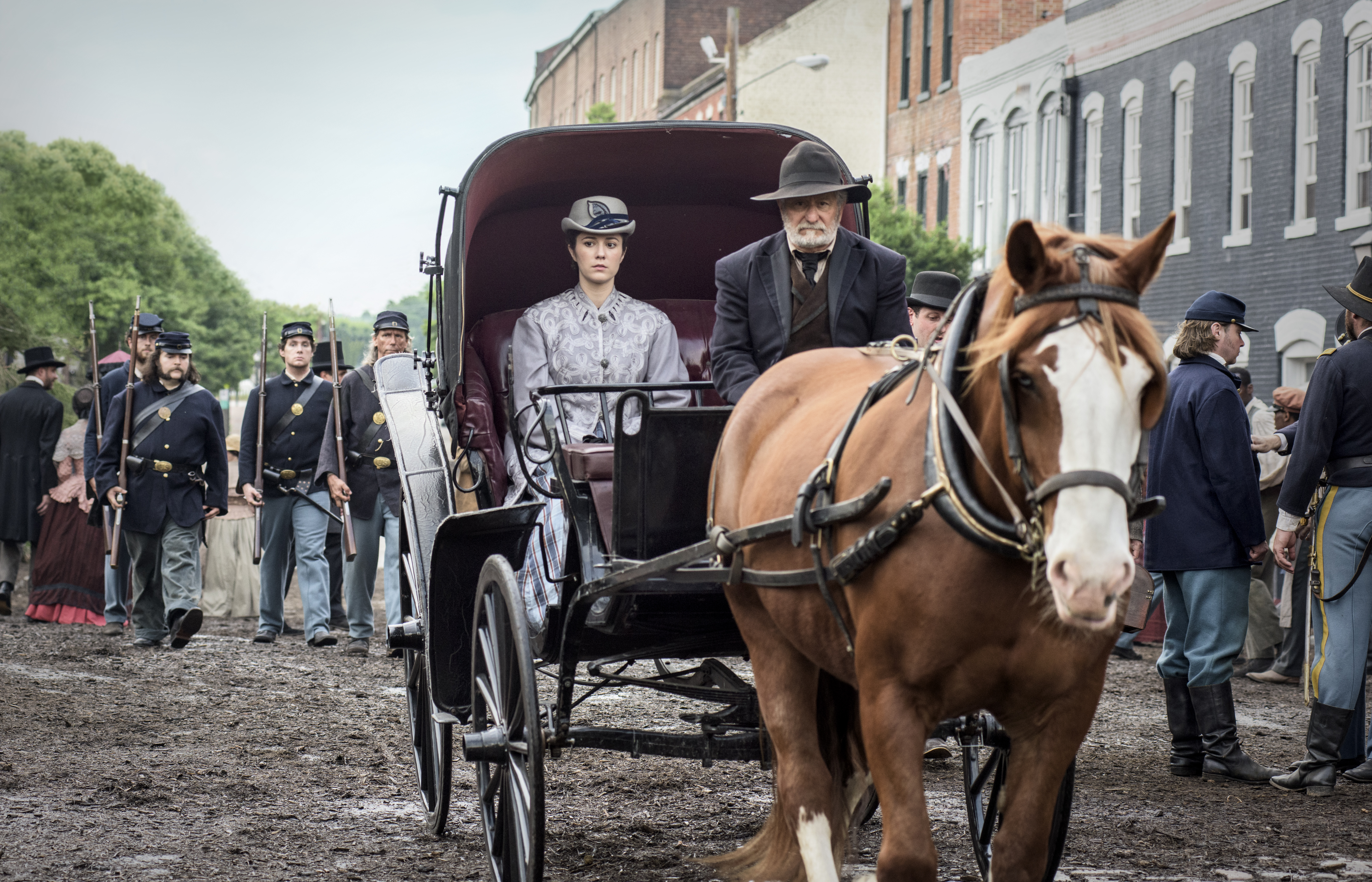Tag: PBS
Collaborations between radio, TV expand coverage but have limits
National producers and networks are finding ways to work across media, despite challenges posed by technology.How television shaped Paula Kerger’s American dream
“Television ... provided a lifeline to a bigger world.”Promotional strategy for ‘Black Panthers’ pays off for PBS
The filmmakers’ strategy for engaging an audience was in the works for more than a year.‘Mercy Street’ to return to PBS lineup for second season
The second season will bring viewers “closer to the fight and into the halls of Confederate power.”It’s a veddy big and happy farewell for ‘Downton Abbey’
Some 9.6 million viewers tuned in for Sunday night’s last episode.Study reveals surprising diversity among public TV viewership
Data examined by TRAC Media Services “refute mischaracterizations of public TV’s audience as homogeneously white retired folk.”PBS announces free streaming service for kids, with interactive games
Embedded interactive games will allow kids to switch between a program and a related educational activity.Producers rethink children’s TV shows to appeal to digitally savvy youngsters
To keep pace, creators of new and legacy shows must think far beyond the television screen.PBS hones focus on education, shifts responsibility among top staffers
The moves “are about education, engagement and efficiency,” said COO Jonathan Barzilay.PBS will decide shortly on another season of ‘Mercy Street’
Online viewers watched 500,000 streams of Mercy Street within a week after its debut.Early ratings for PBS’s ‘Mercy Street’ show promise
The series’ Jan. 17 debut drew 3.3 million viewers.‘The Pub’ #52: Slate’s June Thomas reviews ‘Mercy Street’
Can the Civil War drama compare to Downton Abbey?PBS Winter Press Tour news, from Broadway to outer space
PBS answered a looming question: What will take over Downton Abbey’s Sunday-evening timeslot?PBS president expresses concern about auction’s impact on coverage
Paula Kerger spoke with TV critics Monday about the FCC spectrum auction, the success of Downton Abbey and the future of Mercy Street.PBS’s ‘Mercy Street’ debuts with Amazon streaming deal in place
PBS is pulling out all the stops to promote its first original American drama in over a decade.


